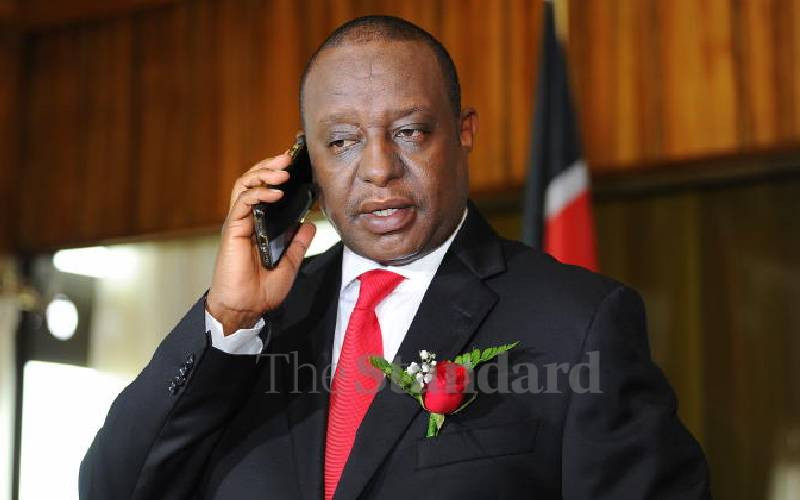×
The Standard e-Paper
Smart Minds Choose Us

The collapse of the Sh65 billion Kimwarer and Arror dams case against former Treasury Cabinet Secretary Henry Rotich has come to haunt two state prosecutors.
A case has been filed before the High Court to hold Geoffrey Obiri and Oliver Mureithi personally liable for the bungled case.